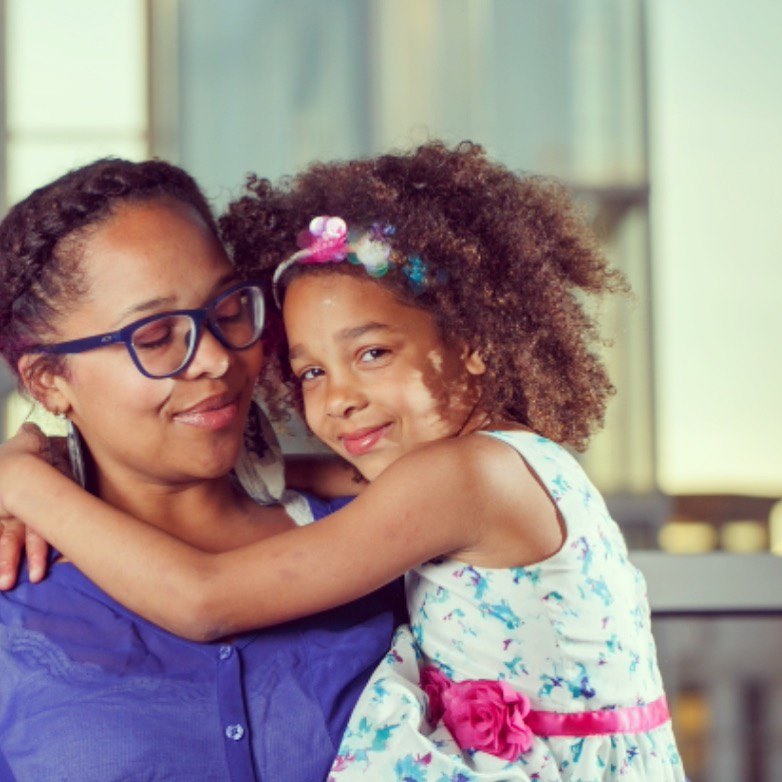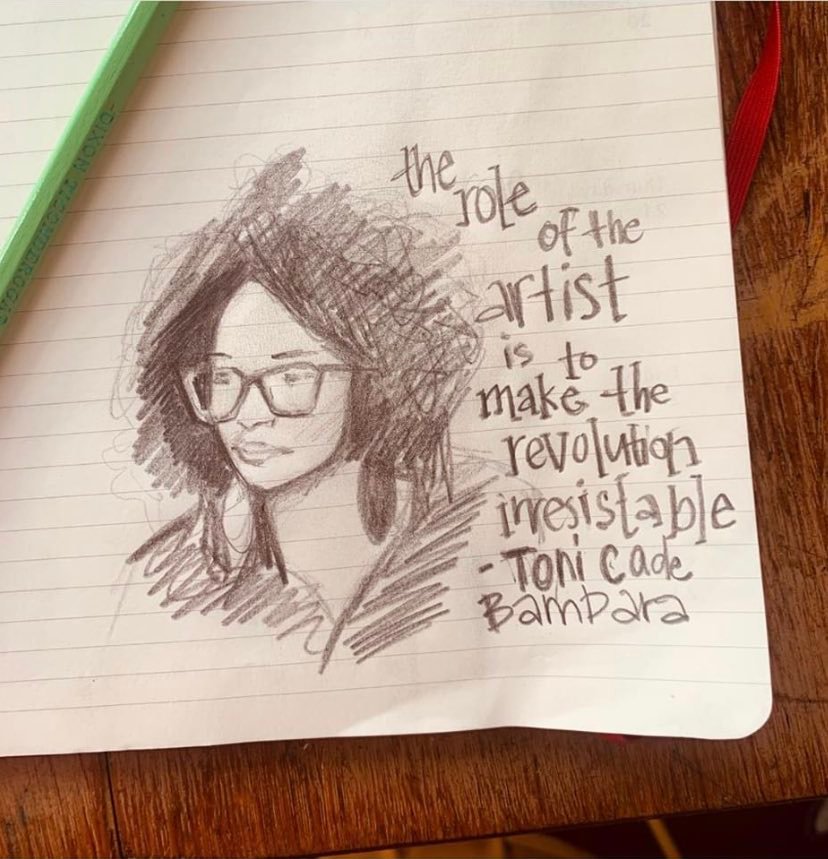
When I was a kid, “family” was the people you were biologically related to. Sure, there were play cousins and good friends who became aunties, but fundamentally family was about blood.
These days, I think of family differently. My family tree has roots and branches. The roots symbolize the family I came from, and the branches symbolize the family I’ve created. My chosen family includes friends and colleagues, my partner, and recently I realize my children – because I was pregnant with and gave birth to each of them at a time when I still had the right to choose for myself whether or not to have an abortion … a right I no longer have.
My chosen family is about love more than it is about blood, it’s about understanding and communication, but not necessarily traditions, last names, or holiday gatherings.
A few months ago, I started thinking I wanted to write a column about politics, parenting, and play, to counter the portrayal of young people – particularly young people of color – in today’s press. This opportunity to reconsider the way young people are represented immediately expanded into an opportunity to reconsider everything.
Thinking back, the first family I ever knew was my mother, father, and siblings. I grew up the oldest, the dutiful daughter, and the big sister. The responsibility was mine from the beginning and this archetype of reliable eldest continues to shape my personality even now. My parents, an interracial couple in the ‘80s, worshipped the nuclear family. Both my mother and father lost a parent in early childhood, and this made them that much more committed to ensuring their children grew up coming home to their mom and dad.
In some ways, it was the relationship my parents had to gender roles as they subscribe to a certain kind of old-school mother as the ultimate caretaker and father as a symbolically present sort of thing that made me really question if the structure of a family could be adjusted. As a child I let my imagination play with the idea of a family rooted in shared responsibility and care, this space of imagination is where I found room for myself as a queer person. This dream family is how I created a future for myself as the kind of mom who gets promoted, elected, and published. 
Deep down even as a child, I knew the only love I could believe in was a love big enough for me to be exactly who I wanted to be. And I guess I believe that one of the most important things about writing about what it is like to be young is remembering that we all were young once, or maybe even that we all always are. Many times I’ve thought human beings don’t really live long enough to get old, that we spend our entire lives just pretending to be bigger than we are.
Over the course of my writing this monthly column, I want to explore big questions, I want to talk about how I was raised and how I am raising my three children, and I want to make a space for love and learning. I plan to do this while my recently destroyed kitchen is remodeled and my one-year-old starts daycare for the first time. Anyway, I guess the real point about my family tree is that it’s growing right alongside my definition of family and my hope is that yours is too.
So, dear readers:
- This month’s (September’s) political question: What are the choices you made to create your family? What is your personal definition of family?
- This month’s parenting question: How are traditional gender roles deconstructed and/or reinforced in your family? Growing up how did gender roles show up in your family
- This month’s PLAY question: Create your family tree … Who are the people you’re close to and why is it someone who is or isn’t a part of the family?
Please feel free to email me at [email protected].
Until October, dear reader, I leave you with this:
“You know, the thing about family is that you can choose it. And I choose you.”
—Brynne Rebele-Henry, Orpheus Girl



